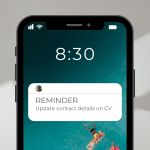How to answer “so tell me about yourself?”
And so it begins. Weeks of scrolling through job boards and CV advice has led to this blatant misuse of the word ‘chat,’ but you remain unfazed as you’ve already nailed the interview.
The casual exchange of small talk passes you off as a human being and all seems to be going as hoped until the interviewer hits you with a Paxman-esque blow.”so tell me about yourself?’
What is it about those five words that make you forget your name, age and the English language? Well despite candidates memorising their CV , they often forget to prepare for this test of first impressions. Fail to prepare, prepare to fail.
Identify yourself in the first sentence
Your first words to the interviewer should effectively do the job of your LinkedIn profile and present an overview of your professional self in nothing more than a few breaths. Though you may be aching to tell the interviewer about your penchant for crochet and long walks on the beach, you need to remember that this is a job interview and not the opening chapter of a romance bestseller. This is as much a test of your ability to be concise and engaging as it is of childhood memories, so you need to illustrate exactly who you are right now.
e.g. “I’m a dynamic marketing manager who has more than ten years experience of leading marketing campaigns for some of the UK’s biggest companies.”
We don’t need no education (hurray for double negatives)
You may have thought that you’d left those teenage memories of bad hair and poor life choices behind the school gates, but your education history has a nasty habit of following you in your grown-up life. Most job adverts lead with a qualification requirement so you should touch on what / where you studied and how it’s led you to this point on your career path. It’s important to keep all of this relevant though and consider whether the interviewer really needs to know about your Year 2 certificate for cake making.
Only summarise RELEVANT employment history
“Oh, really? You spent three weeks in the summer of 2012 painting fences? Well I can’t see why that wouldn’t make you ideal for our position of surgeon.” While previous employment is great for illustrating skills you’ve learnt, not all of your history is relevant to the role you’ve applied too so please resist from launching into a long speech about every job you’ve ever had. You should always try and start with the most closely related and / or notable position you’ve held.
You are undoubtedly an accumulation of your experiences, but you need to sell yourself based on what you’ve learnt from these and not just on the pictures you’ve uploaded to Facebook. A witty or inspirational anecdote might go down well at a party, but employers are more interested in what you can do going forward as opposed to things you’ve already done. A savvy candidate should have done their research into the company and have a clear idea of how their portfolio of acquired skills fits into the bigger picture.
Why are you interested in the job?
It should come as no surprise that employers are interested in your motives behind applying for a position, and true or not, the answer has to be a lot more endearing than ‘I’m tired of eating pot noodles.’ Though your mind might be on the money, for the foreseeable future at least, you need to portray an enthusiastic self whose true passion really does lie in data entry. Okay, so a veteran interviewer will see right through any forced enthusiasm but they have to get some sense of an interest that goes beyond financial gain. This is usually a good time to talk about taking on ‘new challenges’ and ‘growing as a professional,’ but be careful not to bad mouth your old employers (this implies intolerance and disloyalty).
Talking about yourself in response to such an unstructured question can be daunting but it’s also a great opportunity for candidate’s to break the ice and dictate the tone of the situation. Interviewers aren’t looking for a dramatic reading of your CV and are instead trying to gain an idea about your personality, ability to articulate yourself and what you consider to be your main selling points. Of course it doesn’t hurt to show a bit of wit and charm but be sure not to overdo it though, because after all, this is only the first question.




